
Mario Kart 8 Deluxe, Super Smash Bros. Ultimate, and Animal Crossing New Horizons have already crossed 20 million units sold – with The Legend of Zelda: Breath of the Wild, Super Mario Odyssey, and Pokemon Sword/Shield almost there, guaranteed to hit that milestone before the year ends (Zelda actually has already hit that number if we take the Wii U and Switch versions both into account). Another three games – Pokemon Let’s Go, Splatoon 2, and Super Mario Party – have crossed 10 million units sold, with at least two more games (Luigi’s Mansion 3 and New Super Mario Bros. U) – en route to getting to that 10 million mark. All these games have achieved these sales on an install base of 60 million.
That’s an extremely important number to take into account – more or less 1 in 3 Switch owners own Mario Kart, Smash Ultimate, Animal Crossing, Breath of the Wild, Mario Odyssey, and Pokemon Sword/Shield. 1 in 3 Switch owners got themselves Animal Crossing in a period of a little over three months, in fact. These totals (as well as the pace at which they have been achieved) are significantly important, because they show us the true power of Nintendo’s first party games for the very first time.
That might sound like a controversial statement – what do I mean “for the very first time” when Nintendo first party games have always sold well, and when Nintendo systems are sold on the back of nothing but their first party games? – but hang on a second and put away the pitchforks, and I’ll explain.
In the last 20 years, three out of the four Nintendo consoles before the Switch have had disappointing sales, with the Nintendo 64, GameCube, and Wii U having an install base range of 13 million to 32 million. That’s… not a lot. At all. Even if your games sell a lot (and Nintendo’s do), there’s a hard cap those games will run into when the install base they are selling to is that small. By definition, these systems have limited the potential of Nintendo’s first party games.
But what about the Wii, you ask; that thing sold 100 million units! And I am so glad you brought that up, hypothetical reader arguing with me, because the Wii is a can of worms that’s worth opening when it comes to this discussion.
So, two points about the Wii: first, prior to the Switch, the Wii was, in fact, the system that had the highest selling entries in many of Nintendo’s franchises. Super Smash Bros. Brawl was the highest selling game in that series, Twilight Princess was the highest selling Zelda game, Super Mario Galaxy was the highest selling 3D Mario, Mario Kart Wii was (and still is, actually) the highest selling Mario Kart game, New Super Mario Bros. Wii was the highest selling 2D Mario (at least of the ones that weren’t pack in games), and so on.
Why, then, do I argue that the Switch is the first time that we get to see the full potential of Nintendo’s first party titles? Because the makeup of an install base is every bit as important as its size. Wii had a massive install base, this is true, but the install base was in very large part comprised of more disengaged, casual gamers. This isn’t a controversial opinion, Nintendo themselves have admitted as much in post mortems of the system. The issue with having an install base that is mostly disengaged is that it a) won’t purchase that many games and also b) won’t purchase a lot of games in genres that cater more towards enthusiast players. There’s a reason that Metroid Prime 3: Corruption couldn’t even outsell the original Metroid Prime game, in spite of the former being on the Wii, and the latter on the GameCube (which, again, has a fifth of the total install base of the Wii) – because those 22 million GameCube owners were far likelier to buy games, especially something like a shooter, than those 100 million Wii owners were.
So this brings us to the true crux of Nintendo’s problem until now: they either sold to an engaged, but small install base; or they sold to a massive, but disengaged install base. In both those cases, their games ended up hobbling their true commercial potential because you need both factors to be true, and until now, that has simply not been the case for Nintendo.
Which brings us to the Switch.
There’s a lot to be said about the Switch, but most of it is public knowledge at this point. The console is a runaway hit, the fastest selling system of all time (yes, faster than the PS4 launch aligned), but more importantly, with an incredibly engaged install base – there’s a reason software sales and revenues on the Switch are so high, not just for Nintendo, but for third parties (who have finally found an audience on a Nintendo system for the first time in almost 30 years) and indie developers too: because Switch owners like to buy and play games on their systems. A lot. And because Switch owners are enthusiasts, they don’t shy away from any kind of game – so even a game like Civilization VI, which is from a PC centric and PC exclusive franchise and genre, has been a success on the Switch, right alongside Skyrim, which is more typical of the kind of hit you would find on a console.
So for the first time in decades, we have a Nintendo system that falls into the Venn diagram of “large install base” and “engaged install base”; this means that Nintendo is finally, finally, seeing what its games are truly capable of selling. And that means not only games launching to absurd sales (Animal Crossing has outsold every single Sony first party game ever made on any system in just three months), but ridiculously long legs too, even for the type of game that usually doesn’t see long term sales. There’s a reason why Breath of the Wild continues to sell millions more than three years after launch, or why Xenoblade Chronicles 2 had such great legs where JRPGs typically don’t.
Of course, the quality of the games helps too, and while Nintendo games are always extraordinarily high quality, a lot of their Switch efforts have arguably been the best in their respective franchises – with some, at least, even being hailed as the best games ever (you know which one I’m talking about). That, when combined with a massive and engaged install base, has finally shown us what Nintendo’s games are truly capable of selling.
The question now is if Nintendo can transition these new fans to their future platforms – because if they can, then the wildly varying fortunes that Nintendo systems have seen over the years will become a thing of the past, and Nintendo will be assured a massively successful system every single time, with each further perpetuating the reach of their first party games, which, in turn, will perpetuate the success of Nintendo hardware further.
Note: The views expressed in this article are those of the author and do not necessarily represent the views of, and should not be attributed to, GamingBolt as an organization.









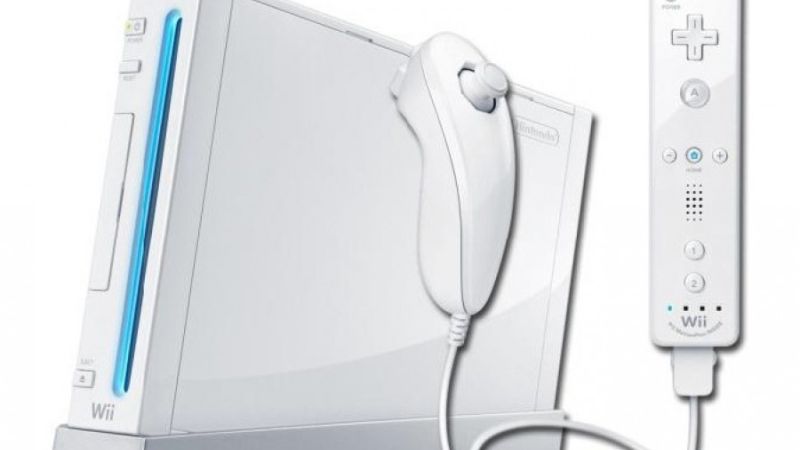

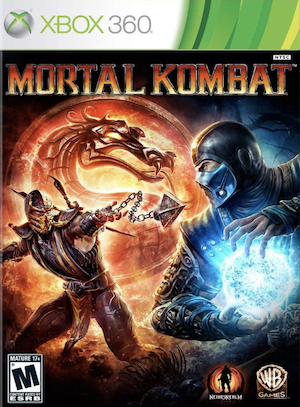


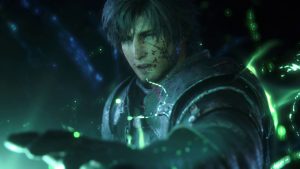
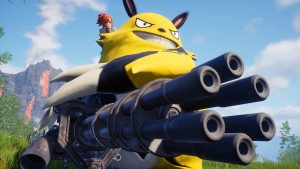
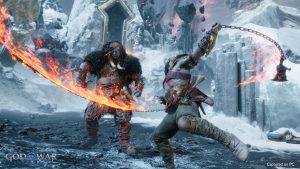
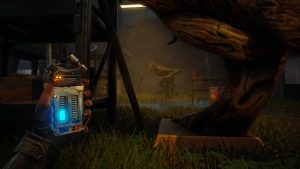
Share Your Thoughts Below (Always follow our comments policy!)